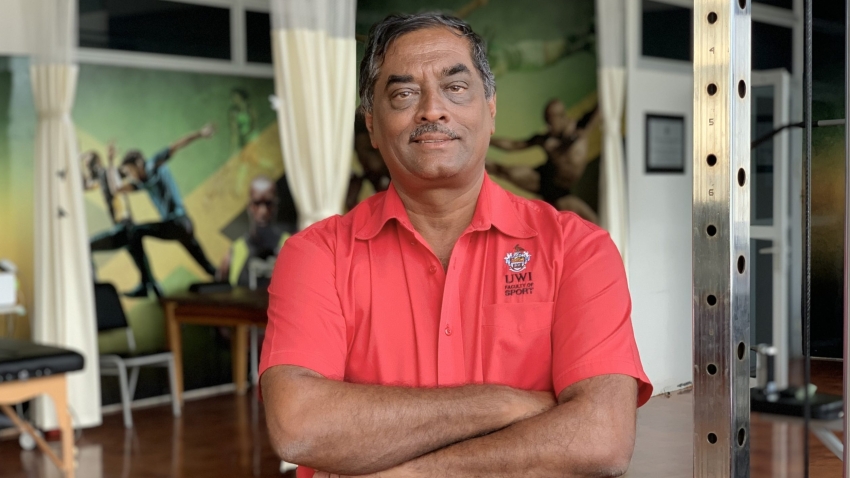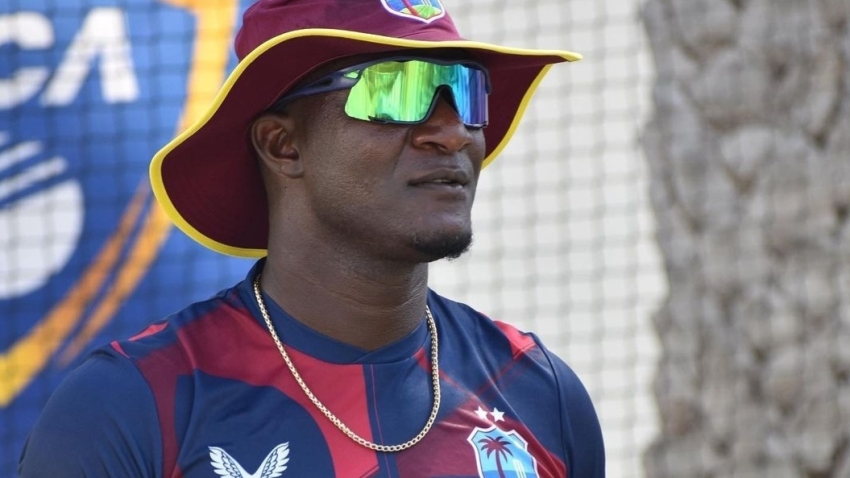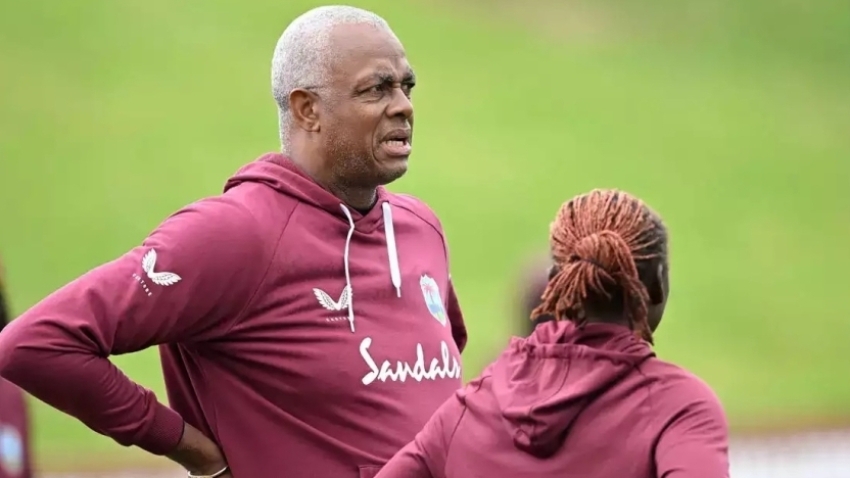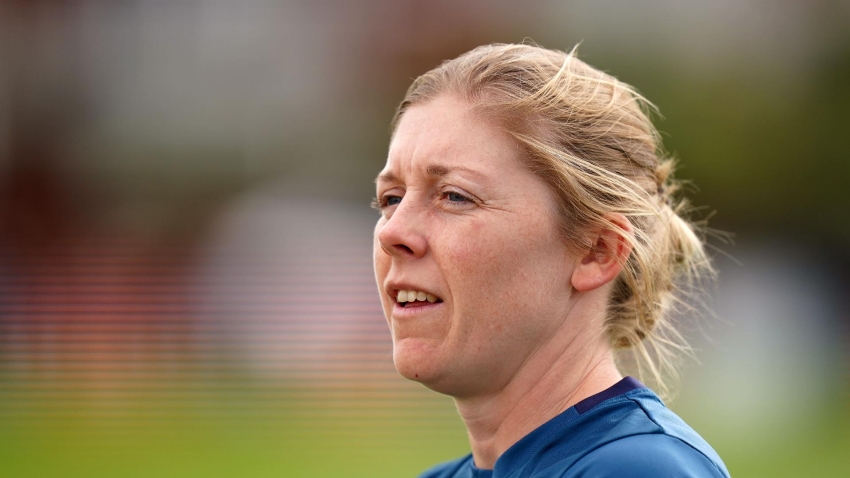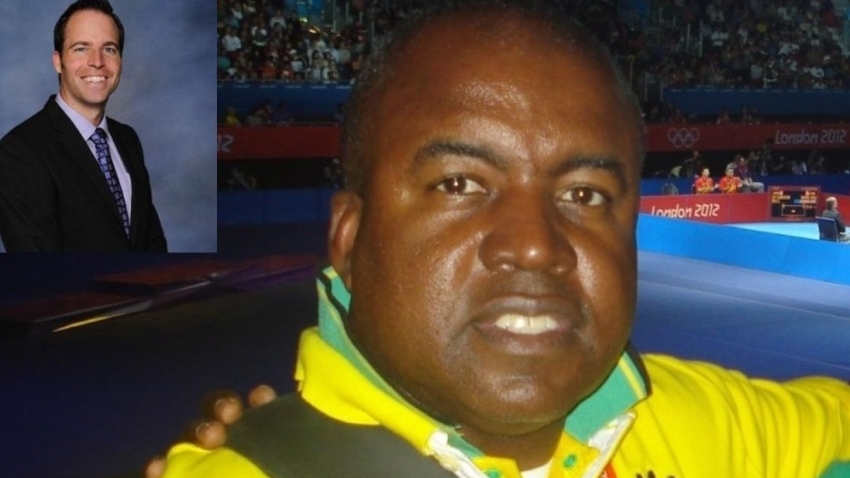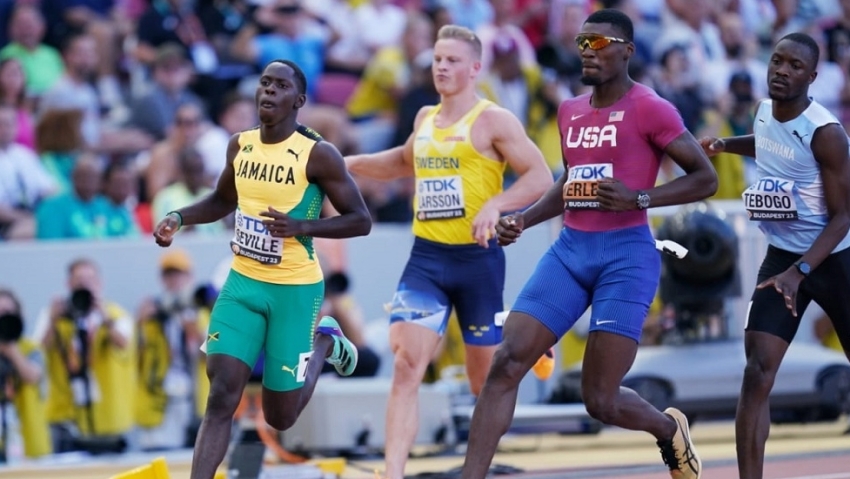Fitness athlete Deidre Lewis has characterized as unfair the decision of an Independent Anti-Doping Panel to impose a two-year ban on her after she tested positive for the banned substance Zeranol.
Lewis returned an adverse finding for Zeranol following an out of competition test on September 29, 2020, and was notified of the results in December that year. Zeranol is a synthetic, nonsteroidal estrogen found in fungi and is used mainly as an anabolic agent in veterinary medicine. It also may be found as a contaminant in fungus-infected crops.
Following hearings on February 11, March 18 and 31 and April 2, the panel of Kent Gammon, Denise Forrest and Dr Donovan Calder “did not find on the evidence presented that the athlete, Ms Denis Lewis, bears no fault or negligence whereby the applicable period of ineligibility can be eliminated.
“In the circumstances of this case, the athlete is ineligible for a period of two years.”
The two years began in December 2020, when the athlete was first notified of the adverse finding.
Lewis, who maintains that she did not intentionally ingest Zeranol, feels she was unfairly punished.
“I feel it was a bit unfair although they were doing their jobs,” she told Sportsmax TV in reaction to the ruling that was handed down earlier this week.
She said her diet is about 80 per cent plant-based and because of that she has to consume large amounts of grains and nuts to get the amount of nutrients her body requires for her to achieve the desired results. However, she was unable to pinpoint what food she might have consumed that was contaminated with the banned substance.
Lewis, who won the Ms Jamaica Bikini Fitness Short Class Champion and the Overall Bikini Fitness Champion in 2019, said she has always been compliant with the measures imposed not only by the JABBFA but also the Jamaica Anti-Doping Commission. “I have remained complainant and transparent with my whereabouts reporting and have always been available for random tests during and outside of my sixty-minute testing times,” she said in her witness statement.
“In total, I have been subjected to six tests, the first of which was in 2017 at the National Championships. A majority of my tests were done between 2019 and 2020. I was tested at the national championship on September 8, 2019, and at the Central America and Caribbean Championships (CAC) on October 13, 2019,” she said.
“In 2020 I was tested on February 25, July 15, and on September 29. All of the tests conducted in 2020 were out-of-competition tests. I have never resisted any test that I have ever been subjected to and I am always easy to locate, even outside of my allotted sixty-minutes timeslot for testing. All of my test results have come back negative, except for the adverse findings in this instance, which has caused me significant emotional distress and financial strain.”
During the hearing the panel heard testimony from Professor Dr Wayne McLaughlin who said that based on the amount of Zeranol found in Lewis’ urine, he concluded that it occurred from ‘natural intake’, suggesting that the athlete did not deliberately take the substance to enhance performance.
“From these findings of very low levels of α-zeranol (0.04nh/ml) and β-zeranol (0.16ng/ml) in the athlete’s sample would imply natural intake. It is, therefore, our opinion that the substances found in the athlete’s urine sample support the assumption that mycotoxin contamination caused the findings in the doping control specimens rather than a misuse of the anabolic agent.”
However, Professor McLaughlin did concede that there were few studies on humans with Zeranol.
“This is disheartening,” Lewis said, “because there is limited research. I don’t feel it’s fair but I have to live with it. I would like to appeal but I don’t have the money.”
















